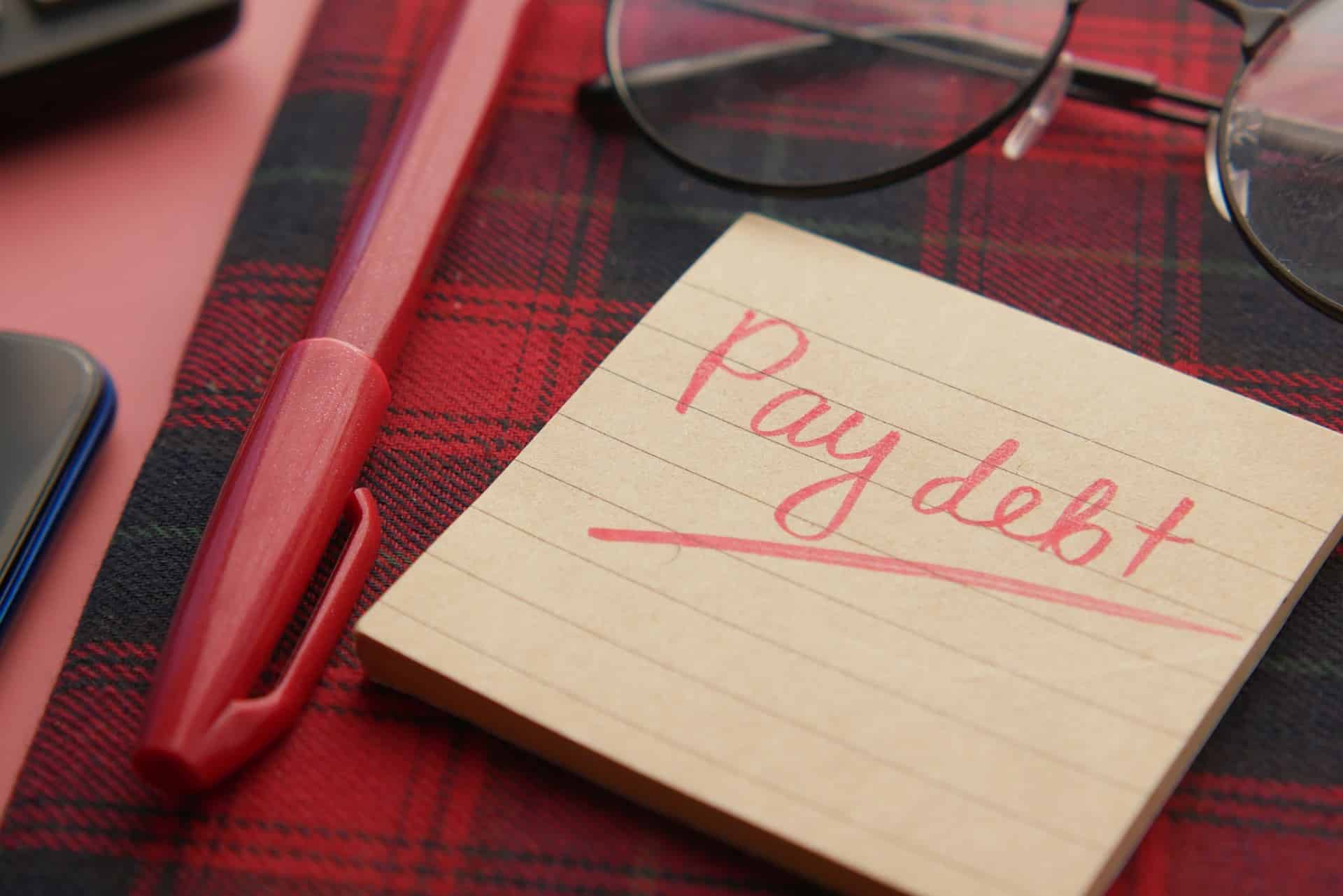Debt is more than a financial burden. It can weigh on your mind and limit your life choices. Yet conquering debt is possible, no matter how overwhelming it feels.
When you manage your debt effectively, you gain control over your finances. That control opens the door to new opportunities. You can save for retirement, invest in a business idea, or simply enjoy a life without constant money stress.
The journey may feel tough, but each small victory counts. With the right plan, you’ll see progress sooner than you think.
Understanding Your Debt Landscape
Take a moment to map out every debt you have. Identify high-interest debts like credit cards or personal loans. Note lower-interest debts like mortgages or student loans. This helps you see where to focus your attention first.
If you’re facing late payments or legal threats from collectors, don’t ignore them. You might need professional guidance. In serious situations, you could consult a licensed insolvency trustee to understand your options. This doesn’t mean you’ve failed. It simply means you’re exploring solutions that can stabilize your finances.
Set clear goals so you know why you’re cutting expenses or picking up extra work. For some, the goal is to become debt-free by a certain date. For others, it might be to reduce credit card interest payments within a few months. Clarifying your “why” motivates you when the journey gets tough.
Picking a Repayment Method
There’s no single best way to pay off debt. Consider two popular approaches:
- Debt Snowball: Focus on your smallest debt first. Pay as much as you can on that one while making minimum payments on others. Once that smallest debt is gone, move on to the next smallest. This method gives you quick wins, which can boost your motivation.
- Debt Avalanche: Target the debt with the highest interest rate. Pay it down aggressively while keeping minimum payments on lower-interest debts. This method saves you more money in the long run, although it may take longer to see a balance hit zero.
Creating a Realistic Budget
Budgeting is like giving every dollar a job. Start by tracking where your money goes each month. You might be surprised by how small expenses add up.
Break your budget into categories: housing, utilities, food, transportation, insurance, debt payments, and savings. Then look for areas where you can cut back. Cancel unnecessary subscriptions. Compare rates for phone or internet services. Every dollar you save can go toward faster debt repayment.
A solid budget also includes an emergency fund. Even $500 can keep you from relying on credit cards during a crisis. This protects your progress and prevents new debt from piling up.
Boosting Your Income
Sometimes, cutting costs isn’t enough. That’s when increasing your income can make all the difference.
Look at your current job. Can you negotiate a raise? Do you have skills that could generate freelance income? Could you pick up an extra shift once a week or start a side hustle?
Many people now earn extra cash through gig platforms. They deliver groceries, walk dogs, or rent out a room on Airbnb. Side hustles can accelerate your debt payoff. Even an extra $100 or $200 per month adds up quickly.
Trimming Expenses Without Feeling Deprived
Cutting costs doesn’t have to be painful. Small steps can lead to big savings.
Review your recurring bills. You might find a gym membership you never use or an old streaming service you forgot to cancel. Negotiate better rates on insurance. Revisit your cell phone plan. Explore cheaper meal options, like cooking at home or meal-prepping.
Look for changes that don’t reduce your quality of life. Instead of aiming for drastic penny-pinching, target the “easy wins” first. You’ll free up money for debt repayment and feel less financial strain.
Saving and Investing as You Go
Don’t wait until you’re debt-free to start investing. Even small investments can build strong habits and grow over time.
Take advantage of any employer retirement plan that offers matching contributions. That match is essentially free money. If you can’t contribute much, put in at least enough to get the full match.
Consider setting aside a little each month for investing in low-cost index funds or a robo-advisor. Watching your balance inch upward can motivate you to tackle your debt with even more enthusiasm.
Staying Motivated and Moving Forward
Motivation can drop when your debt journey feels long. That’s why celebrating small wins is crucial. Each credit card you pay off or each extra payment you make is a step closer to freedom.
Share your goals with friends or family. Post updates on social media or join an online community focused on personal finance. Accountability helps you stay on track. You’ll also find that others have been in the same boat. Learning from their success stories can keep you going.
Over time, your consistent efforts will shift you from debt management to wealth building. Soon, you’ll see how those small changes add up in your savings account and net worth.
Conclusion
Conquering debt isn’t about quick fixes. It’s about taking control of your money and building a new foundation for your financial future. Start by assessing your debts and choosing a repayment method that fits your style. Create a budget you can actually follow, then find ways to earn more or spend less. Along the way, invest small amounts to build positive habits and future wealth.
Every move you make today sets you on the path to financial independence. Take it step by step. Stay focused. Celebrate each milestone. You’ll look back one day and realize how far you’ve come—and how debt no longer stands in the way of your dreams.




Leave a Reply